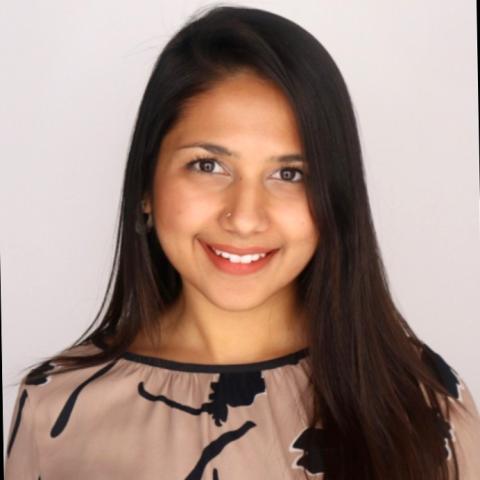
Syeda Mahbub
Click here to read the full article on Syeda's MBA program.
Click here to watch the full 35-minute video.
Building the Foundation: Undergraduate and Early Career Choices
As an undergraduate, Syeda gravitated toward economics for its theoretical depth and the applied nature of a business degree. During her third year, she interned at AlphaSights as a client associate in their management consulting practice, an experience that sharpened her interpersonal skills through daily client interactions and cross-functional teamwork.
This led her to federal consulting, where she worked at firms like Accenture and Deloitte, focusing on technology implementation and software management. She appreciated the mission-driven impact of her work but soon realized that pivoting within consulting, especially across different sectors, wasn’t always straightforward.
Advice for Future Grad School Applicants
During a Q&A with students, Syeda reflected on key lessons from her journey:
- What did you do as an undergrad to set yourself up for an MBA?
She didn’t initially plan to pursue an MBA, but looking back, the experiences that helped the most were internships, client-facing roles, and exposure to different industries. She also emphasized the importance of planning a five-to-ten-year career path before applying to business school.
- How does IESE’s MBA program shape career paths?
MBA programs differ in focus, so it’s important to choose one that aligns with your career interests. For those passionate about social impact, researching a program’s values and speaking to current students is essential.
- What was it like preparing to return to the U.S. job market?
Recruitment after an international MBA can be more challenging, as it requires extra effort in positioning oneself competitively. However, with strategic networking and personal branding, the tradeoff is well worth it.
- How has your approach to networking changed?
Networking has become less intimidating over time. Instead of viewing it as a job-seeking strategy, she now sees it as an opportunity to connect with interesting people and learn from their experiences. As an undergraduate, she approached networking with a transactional mindset, seeing it primarily as a tool for securing jobs. Now, she focused on forming genuine connections with people whose experiences and insights interested her. This shift made networking feel less daunting and more natural.
- How have your long-term plans evolved?
Being around entrepreneurs and risk-takers made her more open to pursuing unconventional career paths. Although she plans to return to Deloitte, she envisions eventually moving into a more entrepreneurial role.